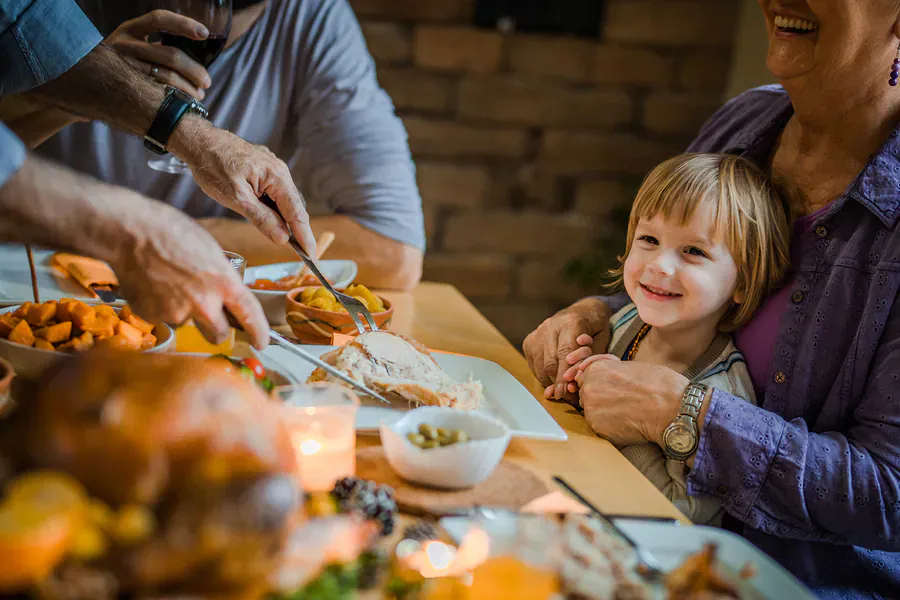How To Model Emotional Wellbeing For Your Children

We all want our children to be healthy and happy – and for them to be considerate, caring and kind.
The good news is this is something your own actions can help achieve. The time you spend together and the things you show your child early in life assist your child with future relationships. Warm, consistent, and emotionally supportive relationships between you and your children encourage them to develop self-confidence, independence, and the ability to manage emotions and behaviours. These skills are helpful in school and beyond.
Kids learn moment by moment
When you respond to your child’s needs, questions, and interests, you develop a healthy bond (referred to as “secure attachment”). This helps children feel safer when exploring new things and helps them build positive relationships with others. Without this support, navigating new situations and social relationships can be difficult.
So how else can you support your children to be confident and adaptable?
Each day provides opportunities for parents to be role models for their children, as they watch how you react to everyday things. Children are figuring out what they see all the time, picking up little clues and cues about how to think, behave and react. When you show your emotions honestly and then manage them, your children see how they can do that, too.
Your modelling also shows your child how to deal with conflict and respond to powerful feelings, such as anger, in ways that don’t hurt them or others. For example, if you apologize following a mistake or accidentally saying something hurtful, you help your child see they can handle emotions in similar situations.
Talking about this is best done when things have calmed down though. It can be difficult to think clearly about the situation right at the point of conflict or crisis, especially when everyone, including the child, is upset. Having a conversation and encouraging your child to see things from a different perspective allows them to put these experiences together, helping them to learn to handle anger and prevent aggression against their peers.
Social skills and success
Children who can adapt and problem-solve in situations at preschool age show positive benefits throughout childhood and adolescence. They report higher wellbeing, higher social skills, higher academic achievement, reduced aggression, and improved mental health and socio-economic outcomes throughout their teen and adult years.
You can assist your children to develop social skills by talking about your family values, setting family rules or expectations for everyone to get along well and solve problems calmly, and teaching them how to be kind and gentle with other people and with animals. Show your child empathy, how to see things from another person’s point of view and to be compassionate toward others who need help or support.
Feeling good on the inside
Parenting is filled with opportunities to help your children learn new skills. Children learn best with frequent practice, so in the early stages when little ones are showing acts of caring you can encourage them through your attention and praise. As children do these things more often you can change from using praise to acknowledging their effort differently. A particularly effective way to do that is to ask your child to tell you why they felt good about their actions. When they say the reason behind their behaviour, it helps them to understand and tell themselves what they did well.
That way, when they do something socially responsible as they get older, they’ll experience what we call an “intrinsic reward” – much like a warm inner glow – that comes from having the chance to show values like kindness, caring and generosity.
All this, and the confidence they gain, helps children be more successful in school and other settings – and become the considerate, caring and kind people we want them to be!
Support your child’s social skills – it’s easier with positive parenting strategies

